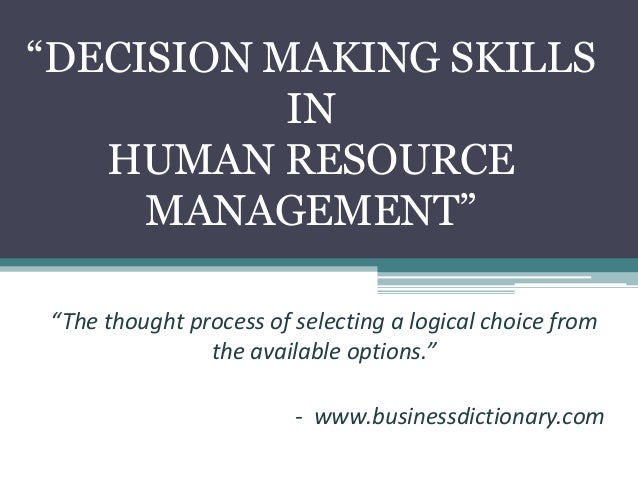In a fast-paced world teeming with ceaseless distractions and intense stakes, the ability to make concise and efficient decisions under pressure is increasingly crucial than before. Regardless of whether you are leading a team, dealing with personal challenges, or simply facing the daily choices of life, mastering the art of smart decision-making can deeply impact your outcomes. The pressure of decisions can seem overwhelming, especially when time is short, and stakes are substantial. Yet, with the appropriate techniques and mindset, you can improve your decision-making skills and approach even the toughest choices with self-assuredness.
Understanding the cognitive factors that influence our decisions is key for success. Many individuals wrestle with decision fatigue, which can cloud judgment and lead to inferior choices. By employing proven techniques such as adopting decision-making frameworks and harnessing emotional intelligence, you can sharpen your clarity and confidence, particularly in ambiguous situations. This article seeks to explore different strategies—from balancing intuition with logic to cultivating daily habits that strengthen your decision-making abilities—helping you handle the complexities of life's choices with skill and assurance.
Proven Methods for Intelligent Decision-Making
To improve your decision-making skills, start by grasping the art of collecting related information. Taking the time to investigate and grasp the options present can provide clarity and lessen uncertainty. Leverage reliable sources and data to shape your choices, ensuring that you are not basing decisions solely on instincts. Organized inquiry can lead to more knowledgeable outcomes, allowing you to assess the potential benefits and threats effectively.
Another essential technique is to create a decision-making structure that fits your unique needs and context. Structures such as SWOT analysis, which assesses assets, disadvantages, possibilities, and dangers, can help define your options. By adopting a methodical approach, you create a reliable process to guide your analyses, reducing the chances of hasty or irrational responses that often lead to bad outcomes.
Ultimately, developing EQ plays a vital role in smart decision making. Recognizing and managing your affects, as well as understanding the feelings of others, facilitates a more equitable perspective. This insight assists avoid hasty decisions prompted by anxiety or worry. By integrating emotional awareness with logical analysis, you can attain a more complete view of the circumstance at hand, ultimately resulting in more confident and successful choices.

Conquering Obstacles in Stressful Situations
Formulating choices under pressure can be overwhelming, often leading to hasty choices that may not reflect our best judgment. One major obstacle in these scenarios is the psychological response triggered by pressure, which can obscure clarity. https://lionleo70.werite.net/deliberate-choices-the-power-of-awareness-based-choice to recognize these emotions and employ techniques such as intense breathing or visualizing a peaceful environment to mitigate intense feelings. This break enables for a better assessment of the situation and encourages logical thinking.
Furthermore major challenge is the huge multitude of possibilities that can arise in high-pressure situations. The phenomenon known as “paralysis by analysis” often occurs when individuals become stuck considering every possible result. To combat Check out the post right here , employing decision-making frameworks can streamline the process and hasten faster choices. For instance, prioritizing the most critical factors can focus possibilities and highlight the best path.
Finally, the fear of making the wrong choice can paralyze even the most experienced decision-makers. Cultivating emotional is vital in overcoming this anxiety. By cultivating self-awareness and realizing how emotions influence decisions, individuals can approach choices with a more calm outlook. Accepting mistakes as learning moments rather than defeats cultivates a positive mindset, empowering individuals to make decisive, wise choices even in high-pressure situations.
The Role of Instinct and Awareness
Instinct plays a crucial role in decision-making, especially in stressful situations where time is limited. It is frequently described as a gut feeling or an instinct that guides individuals toward a decision without the deliberate weighing of pros and cons. This automatic response can be informed by previous encounters and gathered knowledge, allowing for quick conclusions when consideration may not be feasible. Understanding the moments to trust your intuition can enhance your ability to make efficient decisions, particularly in uncertain environments.
Mindfulness complements instinct by fostering a state of awareness that encourages clearer thinking. Being aware allows individuals to observe their thoughts and feelings without judgment, creating space to consider options more thoughtfully. This practice helps to mitigate anxiety and stress, which can cloud judgment and lead to hasty or impulsive decisions. By cultivating awareness, you can enhance your self-awareness, enabling you to more clearly identify when to rely on your instincts and when additional analysis is necessary.
Merging instinct with mindfulness leads to a harmonious decision-making approach. It helps individuals to recognize their emotional responses while also staying open to rational thought. This harmony allows for more self-assured and thoughtful choices, even under pressure. Training in these domains can sharpen decision-making skills, helping to navigate challenging situations more effectively and improving overall outcomes, both personally and professionally.
